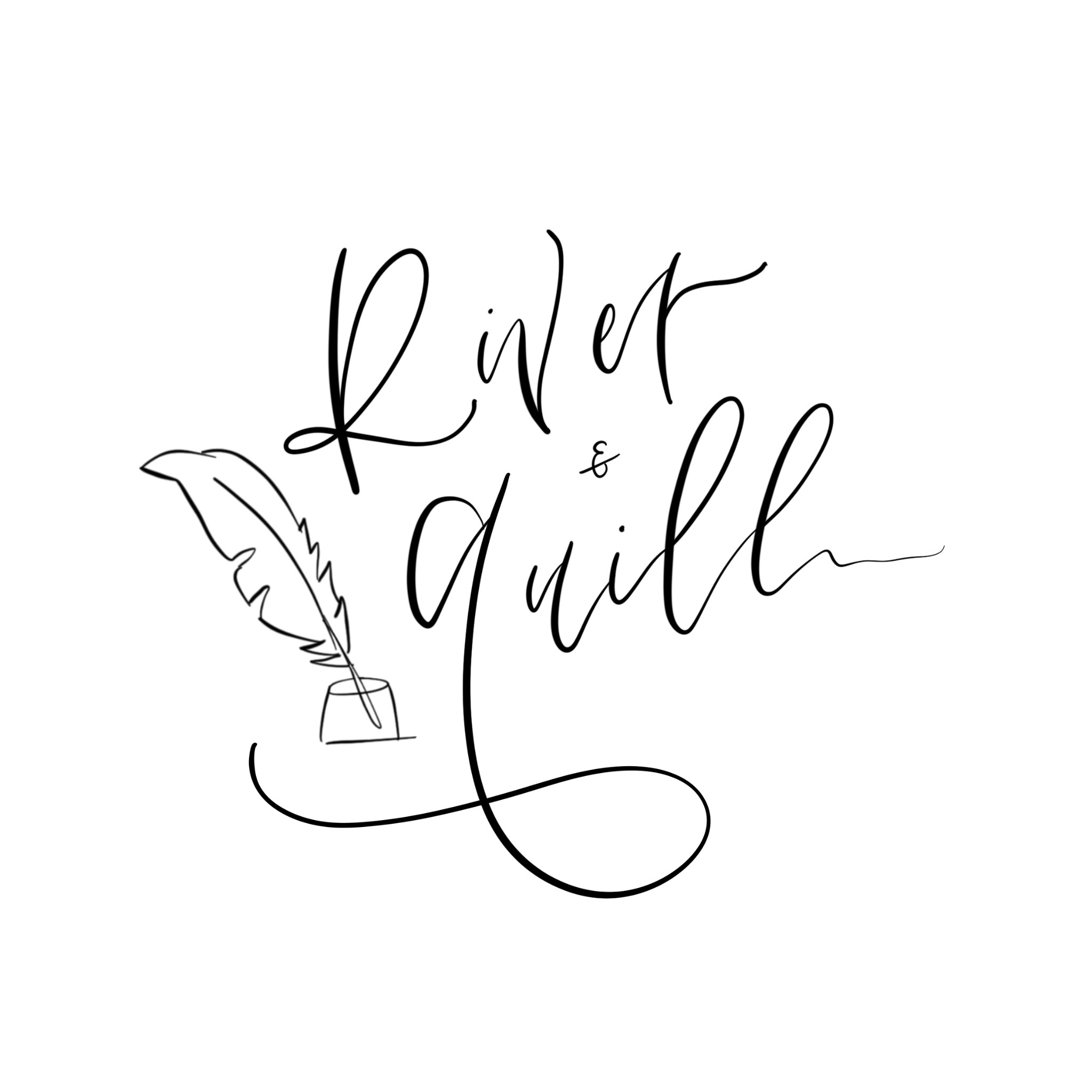I’ve been trying to decide exactly what this post would be: a well researched discourse on shame in the chronic illness community? A discussion on the differences of gender and stigma within illness and coping? A discussion of damaging dogma on our sense of self? Maybe all of the above will trickle in — but I think the crux of all of it is: I am good and so are you.
I recently listened to a podcast with the incredible Elizabeth Gilbert who said this: “You are good. You are sooooo good.”
She repeated and repeated and each time she said it, I felt another tear fall, and then another. I had twenty minutes until I needed to pick my son up from school, so I drove around, windows down, in thirty degree weather, blasting music, and repeating to myself “I am good – I am so good”.
I grew up with parents who always let me know how much they valued me. I did not, however, grow up in a church, or a school which communicated the same belief. In fact, were some of them to read this blog post, I can only imagine the fodder it will give for the next Bible study.
I grew up believing I was bad. The only way to rid this bad was Jesus. As an overthinker, the continual process of “I want that” which followed with “but it’s bad – I’m bad” which followed with “Jesus forgive me” became almost sicker than my illness.
Lately, with new issues, it’s been the same thing. Until I listened to that podcast and let her words sink into my soul (and body), I believed anything I wanted was probably, inherently bad. It’s what kept me in toxicity for a very long time:
Do not trust yourself. You are bad. You are not to be trusted. Listen to everyone else, but not yourself.
And recently, in a conversation with friends, I said, “what makes them right and not you?” Funny how the things we say to our friends are sometimes meant for ourselves.
As I have the tendency to get lost in my head, I have found, in all the thinking, and thinking some more that I have neglected my body. Before you get all, “Callie, your body is fine”, I’m not talking about the body you see. I’m talking about the body I feel.
First of all, shame has taught me to ignore it, because of the many things I was taught. Body is fleshly and evil and we pretend we are never naked (never nudes for my fellow Arrested Development fans), and we close our eyes when we walk past the mirror as we get out of the shower, and please, let the boys stay pure and keep that bra strap covered!
So many well intentioned rules (and some are ill intentioned and just fear mongering and disgusting) have destroyed too many women, and men, for that matter, and now I’m seeing it in the context of illness as well.
When I got sick I blamed my body: my bad, evil, fleshly body. How dare it do this to me? I found ways to reconnect with myself, under the pain and, quite frankly, separate from my body.
My soul felt safe, so I poured into it, and, while this was certainly not time wasted, because in all of that I found a part of myself that pain holds no bearing, I also forgot about other aspects of self that I am only coming back to now.
Only now, as I heal in new ways, am I finding I can no longer ignore my body. I’m learning to listen to it, to let myself drift out of my head and into those blood pumping, air breathing, light sensing parts of myself.
I’m also learning it has housed trauma I thought I had dealt with. I find it in pockets in my chest, when I feel I can’t make one more decision or take one more step forward: like there is this wall in front of me that I have to continually break through. In all the work I am currently doing on emotional trauma, related to my illness and to other issues in my life, I am hearing the same thing: listen to your body.
But how does one do that? (Says the thinker.) Is this even a thing? All of you body types are nodding your heads yes, because you’ve known this forever. Your body alerts you before your brain has a chance to even formulate a thought, but for some of us, our bodies are just thawing out from being cryogenically frozen.
Speaking of freezing, did you know trauma causes this? This is something else which is coming up in every book I am reading, and when you start reading the same thing from separate, unrelated sources, you realize it’s something you are supposed to pay attention to.
When we face trauma, we go into fight or flight mode (see my interview with Whitney Goodman where she explains this particularly well, as well as the next part I am about to mention).
Some of us, however, freeze. I shared with Whitney that this is commonly how I react to something more than I can handle. I just stare and feel my stomach drop and suddenly the girl who can’t ever shut up (hello blog and podcast) can no longer formulate a word.
When we’re fighting an illness, we sometimes do this: we freeze and eventually, we can actually dissociate from our bodies. What is this thing with long appendages, that heaves up and down and gets hungry and thirsty and needs to lie down?
I think in all our efforts to remove and forget the pain, we also remove our connection to all we were meant to enjoy about our bodies as well.
So, I am making an effort to slip back into my body and let it do some talking. I’m going to spend some time on the blog and on the podcast via interviews and solo shows these next couple of weeks to talk about what illness does to our sense of selves and how we think about our bodies.
I’m also simultaneously doing some work (it sounds insane, so I’m waiting to tell you about it) the next couple of weeks to reestablish a relationship with my body. I will report back on my findings soon.
Until then, I am leaning into the idea of “I am good” – this isn’t limited to the me under the flesh. This IS my flesh. It is good too, despite what I was brought up to believe, and yours is too.
What about you? How has shame over illness shaped your relationship with your body? How do you continue to love a body which is sick or was sick? Tell me in the comments below.

